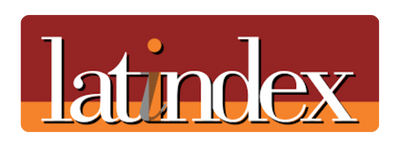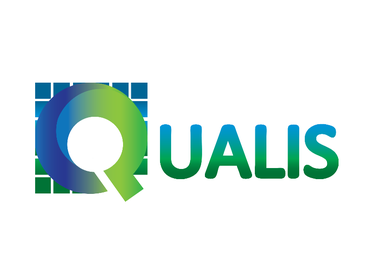Analysis of the Distancing Protocol in Rio Grande do Sul (RS) with Focus on Hybrid Teaching.
Visualizações: 364Keywords:
Hybrid Teaching, Remote Teaching, Education, Technologies, Public PoliciesAbstract
The analysis of the "Controlled Distancing Protocol - Education First Steps" presented by the state government of Rio Grande do Sul to society on May 29, 2020, includes adjustments to meet the educational system, one of which is the new modality: Hybrid Teaching. This study aims to analyze Stage 1 of this protocol and uses the Content Analysis method by Bardin (2011). Considering the social and educational context of the COVID-19 pandemic, the possibility and continuation of remote education, adding to this the use of technologies in the hybrid modality, this model will be implemented across all networks and is also expected to be for all levels. It becomes a challenge because it will be mandatory to implement it in early childhood education, the early years, and the final years of elementary school, where we have the highest flow of students. The hybrid modality is characteristic of distance education and has existed in Brazil for a long time, yet this is the first time it will be implemented for younger age groups. Furthermore, it was observed that special education did not receive much attention, given the specificities of its target audience. It was only mentioned at the end of the page, outside of sections A, B, C, and D, marked with an asterisk in small letters, stating that it will return in line with the respective level. This makes it a moment of adaptability given the conditions for access and the retention of students in public schools in the state. The documentary research shows that the text lists the priorities of the state plan for the implementation of remote activities, such as the provision of connectivity, guarantees of devices, creation of learning environments, teacher training, and the development of specific and adapted curricula. However, the deficiencies in the educational sector in an experimental zone and the absence of public policies are still enormous.
Downloads
References
GOVERNO DO ESTADO DO RIO GRANDE DO SUL. Distanciamento Controlado Educação primeiros passos. Acesso em 29 de Maio de 2020. Disponível em: https://estado.rs.gov.br/upload/arquivos/distanciamento-controlado-educacao.pdf.
BARDIN, L. Análise de conteúdo. São Paulo: Ed 70, 2011.
BACICH, L. Ensino Híbrido: modelos que podem apoiar a reabertura das escolas. Lilianbacich.com. Inovação em Educação, 31 de Maio de 2020. Acesso em 01 de Junho de 2020. Disponível em: https://lilianbacich.com/2020/05/31/ensino-hibrido-modelos-quepodem-apoiar-a-reabertura-das-escolas/.
COLL, C . A personalização da aprendizagem escolar, uma exigência da nova ecologia da aprendizagem. Eduforics, 29 Jul de 2018. Acesso em 01 de Junho de 2020. Disponível em http://www.eduforics.com/br/personalizacao-da-aprendizagem-escolar-uma-exigencia-danova-ecologia-da-aprendizagem/.
Downloads
Published
How to Cite
Issue
Section
License
Copyright (c) 2021 Revista de Estudos Interdisciplinares

This work is licensed under a Creative Commons Attribution 4.0 International License.
The Journal of Interdisciplinary Studies adopts the Creative Commons Attribution 4.0 International License (CC BY 4.0), which allows for sharing and adapting the work, including for commercial purposes, provided proper attribution is given and the original publication in this journal is acknowledged.













